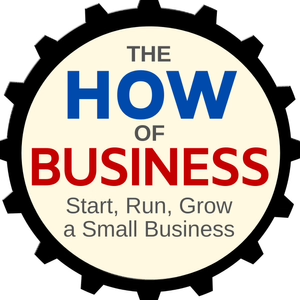
Political Teamsmanship
02/14/20 • 48 min
Politics in the United States has long been dominated by two main groups – the Republicans and the Democrats – but, in recent decades, we’ve seen increasing divisiveness and conflict. Voters have become less concerned with what government does, and more interested in politicians they believe represent who they are.
Lilliana Mason, assistant professor of Government and Politics at the University of Maryland, and Marc Hetherington, professor of Political Science at the University of North Carolina, discuss what happens when politics gets personal. And they consider the consequences for our democracy.
Politics in the United States has long been dominated by two main groups – the Republicans and the Democrats – but, in recent decades, we’ve seen increasing divisiveness and conflict. Voters have become less concerned with what government does, and more interested in politicians they believe represent who they are.
Lilliana Mason, assistant professor of Government and Politics at the University of Maryland, and Marc Hetherington, professor of Political Science at the University of North Carolina, discuss what happens when politics gets personal. And they consider the consequences for our democracy.
Previous Episode

Cracking the Code on Wall Street
Have you ever wanted to be rich? Really rich? Gregory Zuckerman, a special writer at The Wall Street Journal and author of “The Man Who Solved the Market: How Jim Simons Launched the Quant Revolution,” shares the story of the mathematicians who cracked Wall Street’s code. Starting from humble beginnings in a strip mall on Long Island, NY, the hedge fund company that Simons started (where about 300 people work today) now pulls in more money in a year than companies like Hasbro and Hyatt Hotels, which have tens of thousands of employees.
Next Episode

Battles Over Barbie: The Question of Intellectual Property
When Carter Bryant invented Bratz dolls, Mattel (the makers of Barbie) took its former employee to court, claiming he had come up with his ideas on the company’s time. Bratz were the first dolls to successfully compete and - in some places - outsell Barbie. Orly Lobel, a law professor at the University of San Diego, has written about the lengthy and costly legal fight Mattel and Bryant engaged in over Bratz in her book: You Don’t Own Me: The Court Battles That Exposed Barbie’s Dark Side. That fight, Lobel explains, was emblematic of a serious issue that American workers now face: heavy restrictions on their talent and creative ideas.
If you like this episode you’ll love
Episode Comments
Generate a badge
Get a badge for your website that links back to this episode
<a href="https://goodpods.com/podcasts/innovation-hub-155329/political-teamsmanship-18603803"> <img src="https://storage.googleapis.com/goodpods-images-bucket/badges/generic-badge-1.svg" alt="listen to political teamsmanship on goodpods" style="width: 225px" /> </a>
Copy




